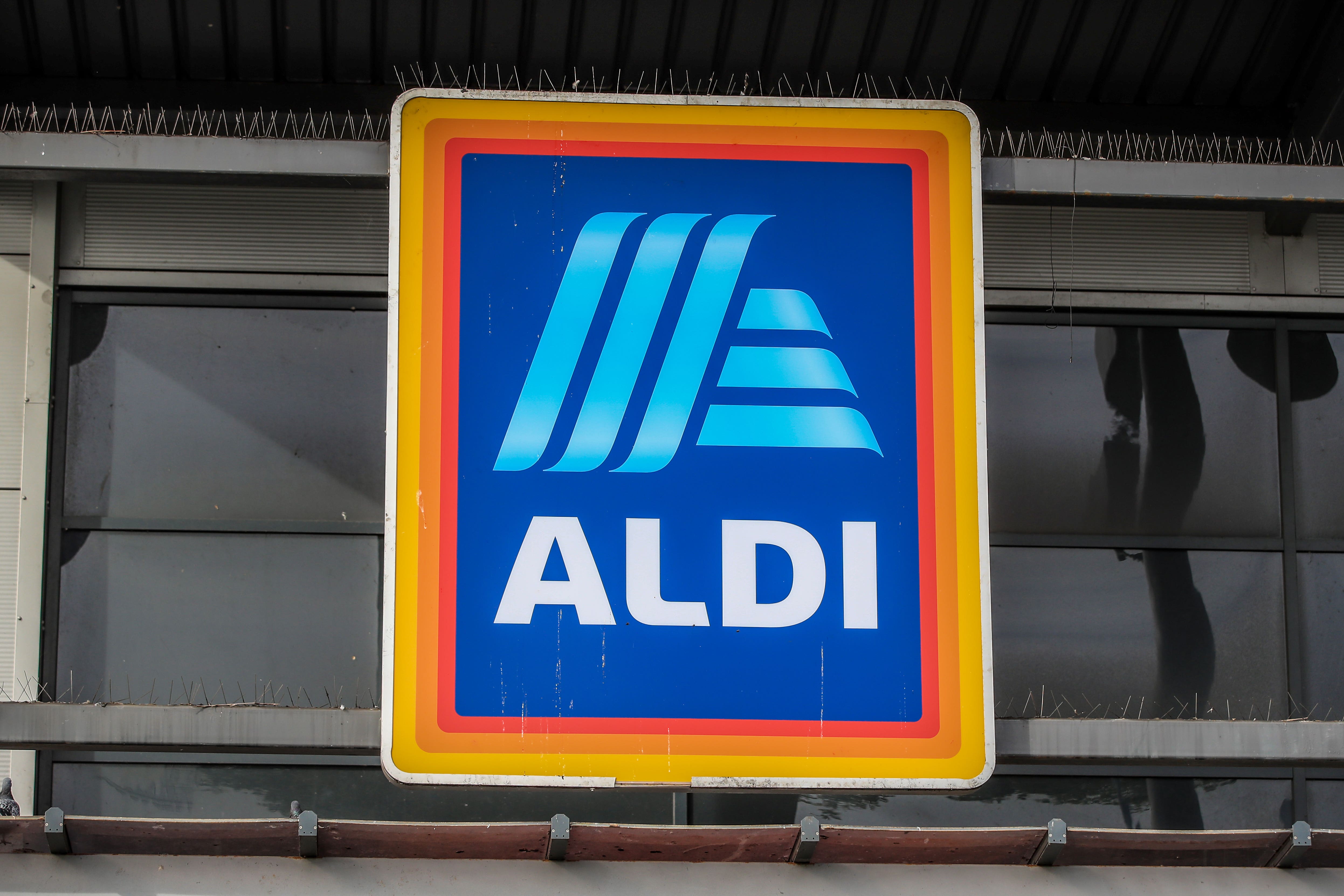
Aldi is set to increase wages for its UK shop floor workers in March, maintaining its position as the highest-paying supermarket for the roles.
The German retailer, which employs 45,000 people across over 1,020 UK stores, will raise its minimum hourly rate to £12.71, up from £12.40.
Employees in and around London will see their hourly pay rise to at least £14, up from £13.65.
This move comes after Aldi UK boss Giles Hurley voiced concerns to Chancellor Rachel Reeves about the impact of rising taxes on businesses, particularly the planned increase in National Insurance Contributions (NICs) and the minimum wage.
While the NICs increase aims to fund improvements to public services like the NHS, retailers argue it adds to hiring costs. Aldi’s wage increase demonstrates its commitment to its workforce amidst these economic pressures.

The national living wage for people aged 21 and over will rise to £12.21 in April, up from £11.44 currently.
The letter said: “We appreciate the Government’s commitment to improving public finances and investing in public services, and we recognise the vital role businesses play in supporting these efforts.
“However, the scale and speed of these new costs create a cumulative burden that will inevitably lead to job losses and higher prices.”
The best-paying supermarkets
Aldi’s pay increases position it as the best-paying supermarket brand.
Next is Sainsbury’s, which has said it will raise the minimum across the UK to £12.60 in August, followed by Lidl, where store workers get at least £12.40.
Mr Hurley said: “Our colleagues are the best in the business and this latest pay rise reflects our ongoing commitment to ensuring they remain the best paid.
“Every single Aldi colleague plays an absolutely vital role in delivering on our promise to bringing unbeatable Aldi prices to even more customers across the UK.”
In November the boss of Lidl said retailers are “reeling” from autumn Budget tax increases, which he said will add to inflationary pressures at the grocery giant.
Ryan McDonnell, Lidl GB chief executive, said the discount supermarket chain is expecting to face “tens of millions of pounds” in extra costs as a result of a raft of changes launched by Chancellor Rachel Reeves.







